HEALTHY CONVERSATION GUIDELINES
Listen Actively
Enter each conversation with the intention to learn, not just to teach. Make it a point to understand others before being understood. Remember to listen more than you speak. This is a space for dialogue, not monologue. Avoid multitasking. And if anything is unclear, ask questions!
Speak Intentionally
Carefully offer your perspectives and respond to foster mutual understanding. Talk with others, not at them. If using complex terminology, make sure people understand before moving forward. Be mindful if you’re dominating a conversation. Try to make a single point then allow room for others to speak. Hold space for opposing ideas. And don’t be shy; even if you’re new or relatively unfamiliar with a topic, your voice is still valuable.
Be Experience-Aware and Kind
These issues affect everyone differently. Though these topics are purely theoretical for some, they’re very real to others. Emotion is not antithetical to reason, and holding space for both fosters a greater depth of understanding. Acknowledge that someone’s emotional response may be indicative of trauma, adversity, and/or an experiential perspective that you might not have. Please listen empathetically, speak tactfully, and try your best to avoid harming others with your words.
Assume Positive Intent
Work from the assumption that people are good, fair, and honest; and that the intent behind their actions is positive. Set aside your own judgement and preconceived notions. Recognize mutual humanity. Find common ground, and move forward together. Give people the benefit of the doubt. Remember, we’re all human, and we all make mistakes. We’re all fallible and just working with the information and experiences we have!
Remember, We’re Human
Embrace Intellectual Humility. Hold loosely to ideas and beliefs and allow for imperfection in yourself and others. There is nothing wrong with admitting fault, incomplete knowledge, or misunderstanding. Go beyond identifying with your beliefs, and the intellectual insecurity and anxiety that accompany it. Practice holding opposing ideas and considering ways in which you might be wrong. Own up to your mistakes! Our goal is not to “win” a debate, but to mutually grow and expand our understanding of these topics.
Practice these phrases: “I guess I was wrong when I assumed that…” “I don’t know.” “Maybe.” “Another way of looking at it may be…” “I think that…” “From my experience…”

